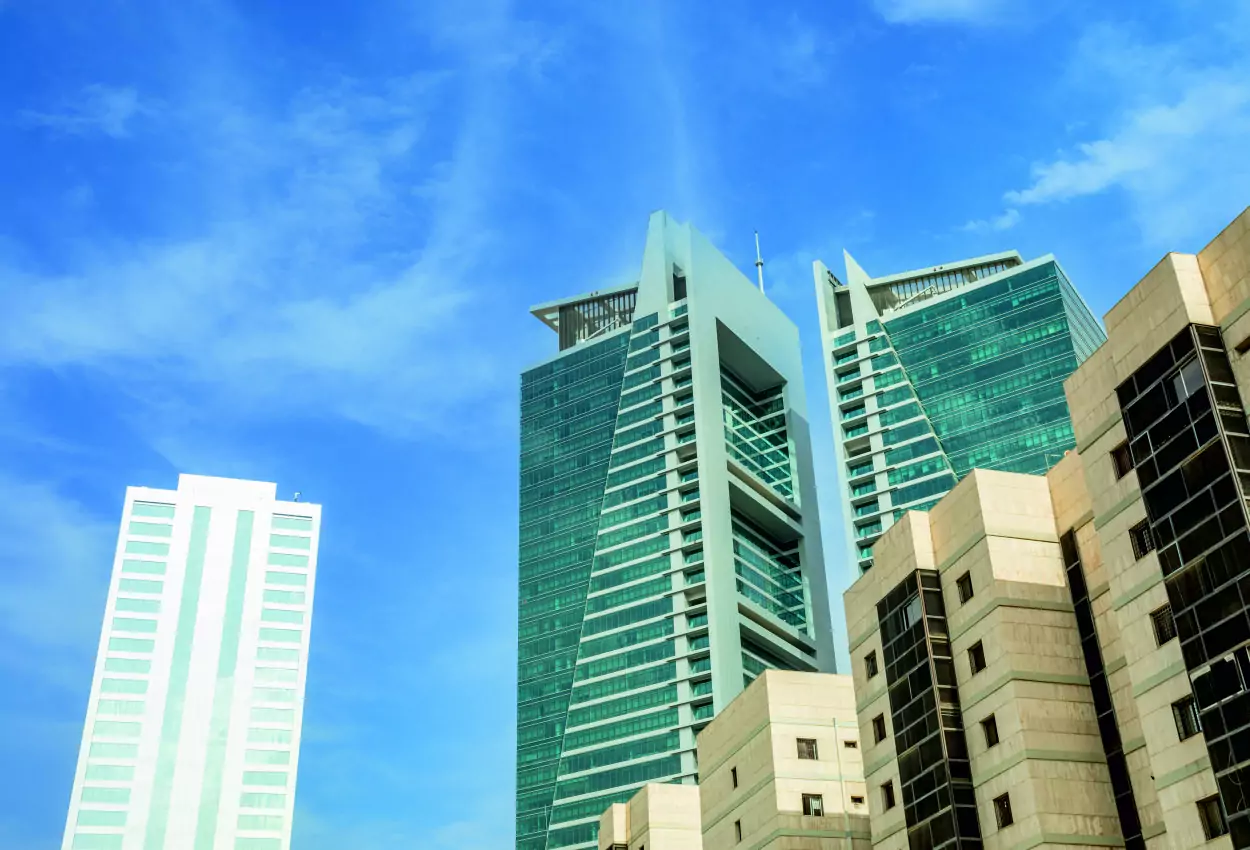Sustainability is no longer a buzzword—it’s a necessity. In Saudi Arabia, where economic diversification and industrial expansion are accelerating under Vision 2030, businesses are rethinking their operational models to align with environmental responsibility. From energy efficiency and circular economies to green supply chains, sustainability is reshaping how companies operate in the Kingdom.
The Push for Sustainable Operations
Saudi Arabia’s commitment to sustainability is evident in large-scale projects like NEOM and The Line, which integrate green technology at their core. But beyond these high-profile initiatives, the real transformation happens in everyday business operations. Companies across sectors—from manufacturing to logistics—are under increasing pressure to reduce carbon footprints, optimize resource use, and adopt sustainable practices.
Regulatory frameworks are reinforcing this shift. The Saudi Green Initiative, which aims to plant 10 billion trees and increase renewable energy use, is setting a clear direction. Businesses that fail to align with these goals risk falling behind, both in terms of compliance and market competitiveness.
Energy Efficiency: The Foundation of Green Operations
One of the most immediate ways businesses can enhance sustainability is through energy efficiency. Industrial facilities, data centers, and corporate offices are turning to AI-driven energy management systems to cut waste. Smart grids, real-time monitoring, and automation are helping companies optimize electricity consumption, leading to lower operational costs and reduced emissions.
The transition to renewable energy is also gaining traction. Solar and wind projects are no longer limited to government-led initiatives; private companies are now integrating on-site solar power to reduce dependence on fossil fuels. These investments are proving to be not just environmentally responsible but also economically sound, given the long-term cost savings.
Circular Economy: Rethinking Waste
Waste management is another critical component of sustainable operations. Traditionally, businesses have followed a linear model—produce, use, dispose. However, circular economy principles are now driving a shift toward reuse and recycling.
Industries such as construction, retail, and manufacturing are finding innovative ways to repurpose materials. Companies in the FMCG sector are exploring biodegradable packaging, while textile manufacturers are investing in recycling initiatives to minimize fabric waste. The impact is twofold: reduced environmental harm and enhanced brand reputation, as consumers become more environmentally conscious.
Green Supply Chains: A Competitive Advantage
Sustainability in operations extends beyond internal processes; it requires a fundamental shift in supply chain management. Companies are increasingly prioritizing suppliers that follow ethical sourcing, reduced emissions logistics, and eco-friendly production methods.
For example, logistics providers are adopting electric and hybrid delivery fleets, while retailers are optimizing distribution networks to minimize transportation emissions. Blockchain technology is also playing a role, allowing businesses to track and verify sustainable sourcing, ensuring transparency from raw materials to finished products.
Digital Transformation: The Enabler of Green Strategies
Technology is at the heart of sustainable operations. Digital twins, IoT sensors, and predictive analytics are enabling businesses to optimize resource use, anticipate equipment failures, and reduce downtime. The rise of cloud computing is also reducing reliance on energy-intensive data centers, shifting operations to more efficient and scalable solutions.
AI and machine learning are further enhancing decision-making by identifying inefficiencies and suggesting data-driven improvements. For example, predictive analytics in manufacturing can help reduce excess production, cutting down on material waste and energy consumption.
The Business Case for Sustainability
Skeptics may argue that sustainability comes at a high cost, but the numbers tell a different story. Sustainable operations lead to long-term cost savings, regulatory compliance, and enhanced brand equity. Investors are increasingly favoring companies with strong ESG (Environmental, Social, and Governance) credentials, recognizing that sustainability is linked to resilience and profitability.
Consumers, too, are driving this change. As awareness grows, they are making purchasing decisions based on environmental impact, pressuring businesses to adopt greener practices. Companies that fail to adapt risk losing market share to those that prioritize sustainability.
Looking Ahead
Saudi Arabia’s business ecosystem is at a turning point. Sustainability in operations is no longer a choice—it’s an imperative. As companies navigate this transition, the key will be to integrate sustainability into core strategies rather than treating it as an afterthought.
By investing in energy efficiency, circular economies, green supply chains, and digital transformation, businesses can achieve both environmental and financial success. The journey toward sustainability is complex, but for those willing to lead the change, the rewards—economic, environmental, and reputational—will be substantial.



